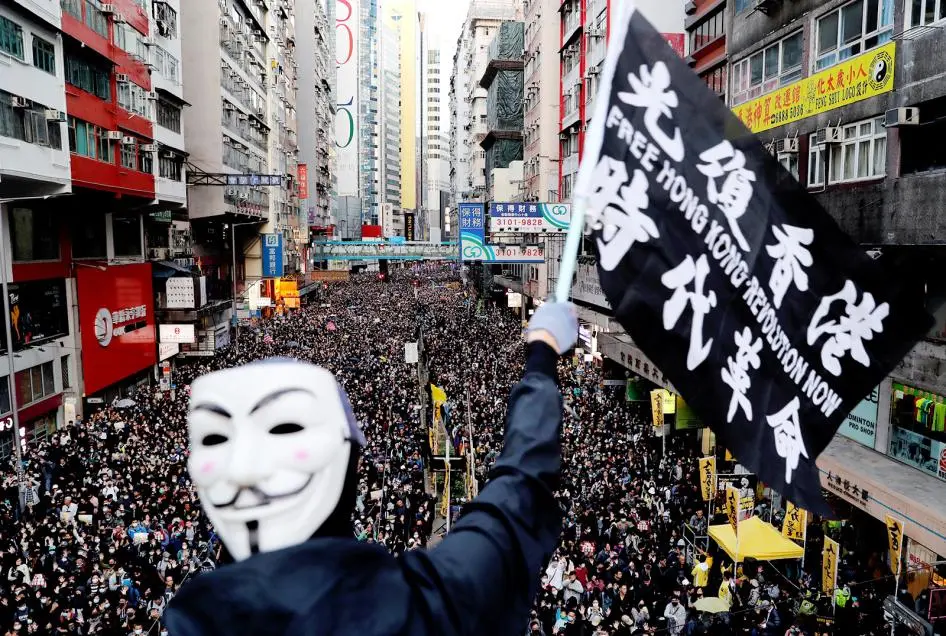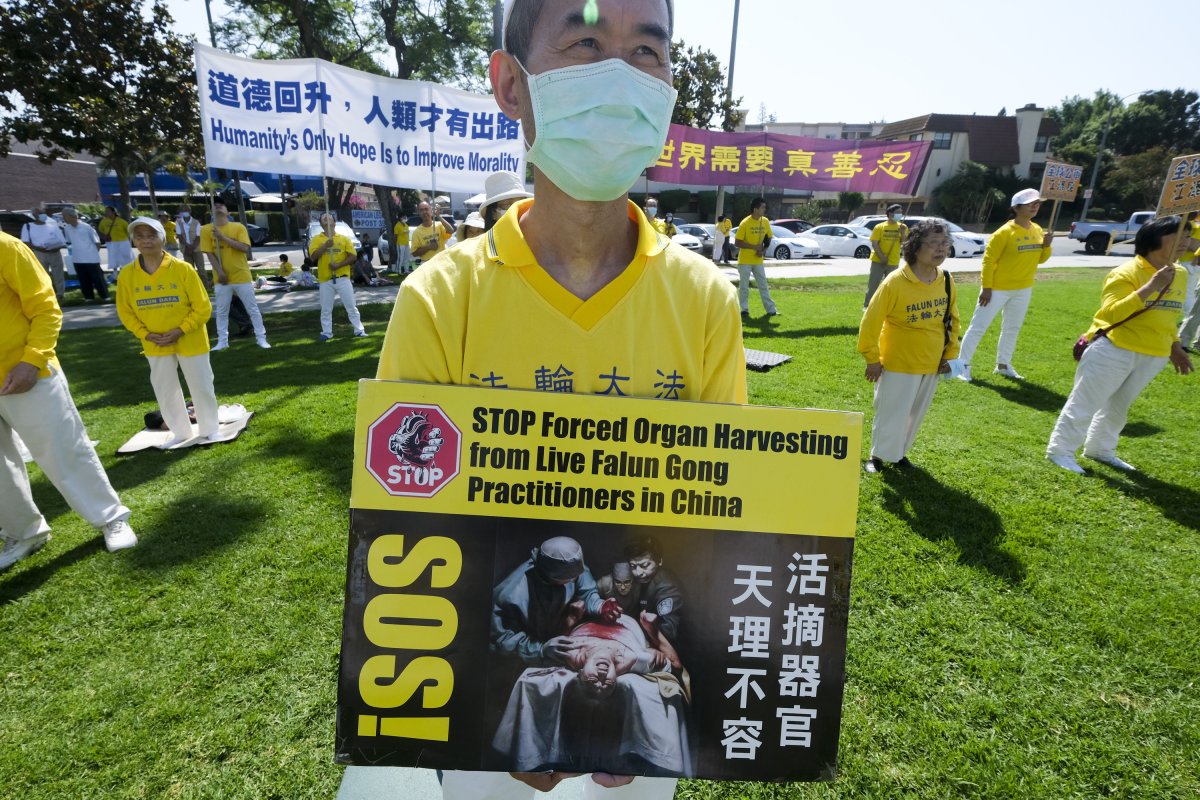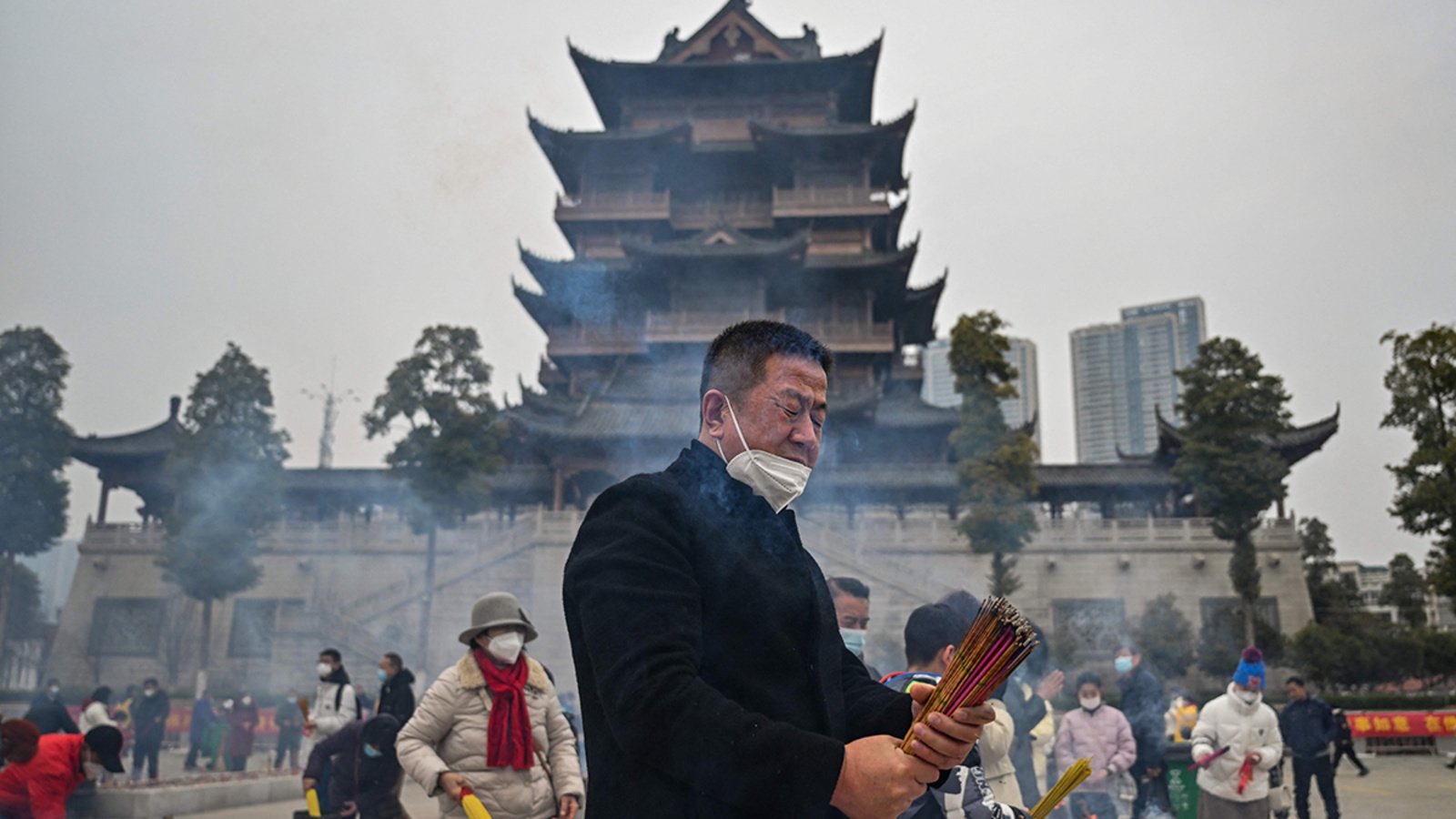Beijing attempts to transform Hong Kong into oppressed society
Nearly four years after imposing the national security law in Hong Kong, Beijing is making an attempt to transform Hong Kong to an oppressed society from a free society.
The controversial Article 23 by the Hong Kong government is nothing but Beijing’s latest effort to transform Hong Kong from a free society to an oppressed one where people live in fear. The Hong Kong government announced a four week “ public consultation” for a new security law under article 23 of the Basic law which is Hong Kong’s de factor constitution. Civil Society groups have opposed the law stating it would mean death of democracy. However, these groups have recently taken to the streets to protest against the proposed law. As many as 86 civil society groups have voiced their concerns.
On January 30, 2024, the Hong Kong government announced a four-week “public consultation” period for a new national security law under Article 23 of the Basic Law, Hong Kong’s de facto constitution.
“Article 23 is Beijing’s latest effort to transform Hong Kong from a free society to an oppressed one where people live in fear,” said Maya Wang, acting China director at Human Rights Watch. “Passage of this law will mean that even more of Hong Kong people’s basic rights will be taken away from them.” The Hong Kong Journalists Association (HKJA) too has raised concerns that the city’s new national security law could have “far-reaching implications” for the press, as it urged the government to provide protection for reporters.
As per the public consultation document, the new legislation covers five types of crime: treason, insurrection, theft of state secrets and espionage, sabotage endangering national security, and external interference. The document said that most of the offences have been modelled on amendments of existing laws, such as expanding the definition of treason. Besides this, a series of new offences have been suggested to deal with acts linked to “serious civil disturbance within China” and “modern-day modes of espionage.
The proposed law would prohibit a range of vague and overly broad offenses. It would punish people who “induce…disaffection against” the Chinese government. It would use procedural changes to dramatically undermine due process and fair trial rights, including by extending police detention without charge and restricting access to lawyers. These changes will exacerbate the impact of the draconian National Security Law, which the Chinese government imposed in June 2020, and then promptly crushed the city’s civil society, independent media, and democracy movement, stated the human rights watch. The HKJA sought from authorities to provide clearer definitions for provisions relating to offences, including external interference and theft of state secrets. What constitutes “state secrets” is too broad, the group said. Journalists receive leaks from government sources from time to time, for example in relation to personnel changes and policy announcements, and it is difficult for the press to determine if the sources are disclosing this information with lawful authority.
Background of article 23:
Protests against the article 23 have happened two decades ago. On July 1, 2003, the anniversary of the Handover and traditionally a day of protest, a mass march was held to protest Article 23 and call for Tung to step down.Around 500,000 people took to the streets, according to the organisers. Protesters held up banners reading “No to Article 23” and “Shame on you.” The legislation could not be passed.
Under article 23 of the territory’s Basic Law, a mini-constitution which was enacted after the 1997 handover from British colonial rule to China, Hong Kong was required to enact laws to prohibit acts which “endanger national security”. An attempt to introduce these laws in 2003 failed in the face of widespread protests, reported the Guardian. However after massive pro-democracy protests in 2019, the central government of China imposed a separate national security law on the city, also citing the Hong Kong government’s failure to legislate Article 23. “This issue has been hanging over our head for 26 years,” said Tang Pink-keung, Hong Kong’s secretary for security. The new law would cover five broad categories of offences.
Earlier Chief Executive John Lee insisted that rising geopolitical tensions and “potential sabotage and undercurrents” as risks to national security were compelling reasons for enactment of such legislation. Notwithstanding the claims of Hong Kong authorities, civil society groups have urged the foreign governments to publicly denounce the proposed law and impose targeted sanctions, including asset freezes and travel bans, on the responsible Hong Kong and Chinese officials.
The response of foreign governments to the proposed law has thus far been muted, Human Rights Watch said. Few governments have made formal and public statements opposing the law, which the Hong Kong government has trumpeted as tacit support. The civil society groups, from around the world, urged foreign governments to publicly oppose the introduction of Article 23, impose sanctions on responsible officials, and protect Hong Kong people and activists in exile. They also urged international companies and foreign chambers of commerce to express concerns to the Hong Kong and Chinese authorities and re-evaluate their business risks and possible complicity in human rights violations.













